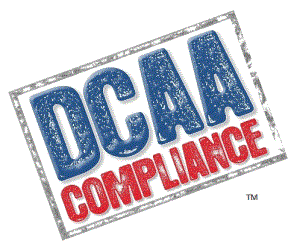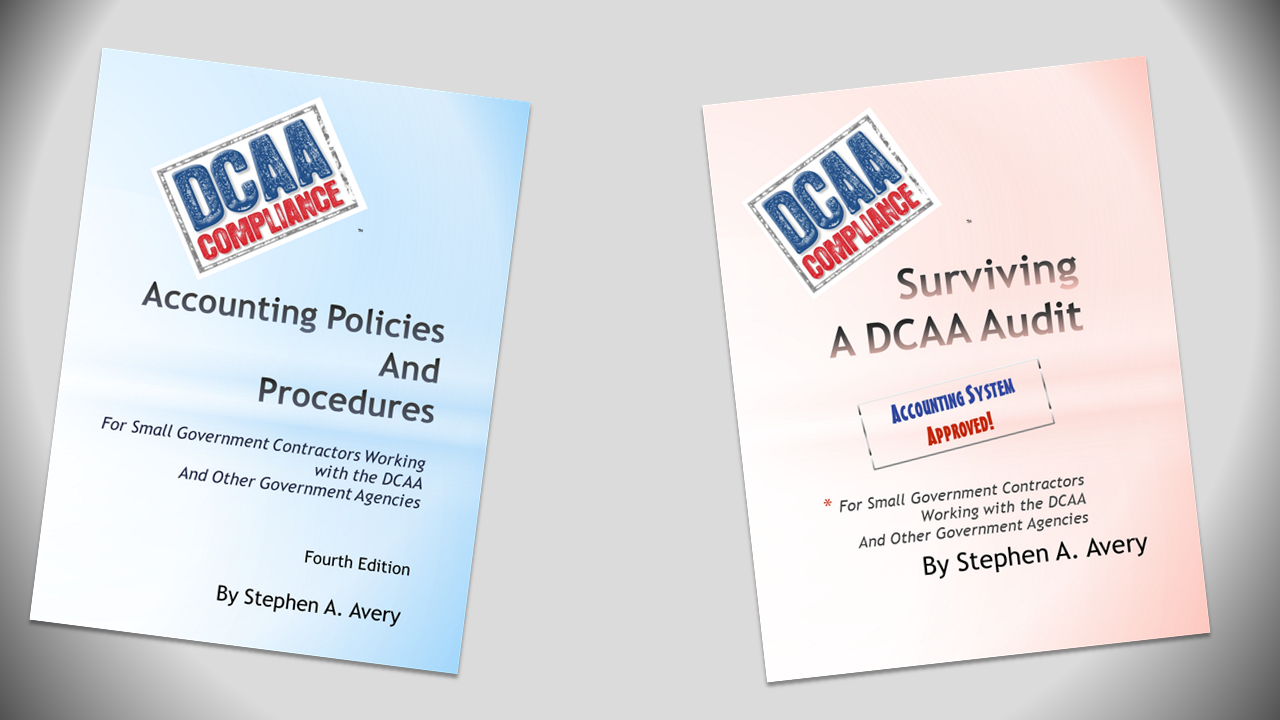February 18, 2013
I guess I was not the only one having a bad DCAA week. Bloomberg publishes an academic article on how it is possible to sue DCAA for malpractice. Rumors are circulating that some major contractors are preparing to do just this (sue DCAA). I am not sure when the last time DCAA won a case before the Armed Services Board of Contracts Appeal (In January they lost over a 14M math mistake that the contractor tried to point out again and again).
Often I tell clients that the vast majority of times the DCAA auditor’s findings were correct. I can count one hand the number of times that a DCAA finding caused serious problems and was wrong. Regrettably, most of those errors occurred over the last few years as opposed to early in my career. I am not the only one to notice this. Complaints about DCAA and DCAA management filed with the DOD Office of Inspector General (OIG) grew exponentially over the last couple of years.
I still hold to the belief that a world without DCAA is a nightmare, but I am facing this nightmare as a real possibility unless we can figure out how to help DCAA recover its respect and ability.
Contractors need to learn how to work through DCAA issues and how to stand up to DCAA if necessary. DCAA needs to abandon the hubris destroying their agency and understand that the best way out of this crisis is a willingness to listen and learn.
Putting the sermon aside, here are some of my thoughts to help guide contractors and DCAA through a DCAA proposed finding.
Contractor Rights
Let us start with a couple of rights contractor’s need to remember.
- The contractor has the right to provide a written response to the proposed findings and DCAA is required to publish them as written in the audit report. This is a powerful tool. If DCAA has not listened to you up to this point, this is your last chance.
The contractor has the right to this response up to the point of the exit interview. I cannot tell you how many times DCAA auditors across the country claimed that the last conversation with the contractor was the exit interview and woops, no contractor response allowed.
On rare occasions I see an auditor attempt this even without providing the proposed findings. Their excuse is the attempt to use the fact that the final audit report goes to the ACO and not the contractor as a basis for not providing the contractor a draft. A form of this is now institutionalized by proving a Statement of Findings as opposed to a draft report. Funny how an agency that loves forms has no form for this “Statement of Findings”.
To prevent auditors from changing the findings after receiving the contractor response I normally include the finding itself as part of the response. I did have one auditor who added to the report after our response and I always wondered what the OIG might say about that but strangely enough, his second response proved the nail on his coffin. Always give DCAA a heads up about this practice to reduce the inference that you do not trust them.
- The contractor has the right to appeal or at least complain about the findings or the actions of the auditor. The first level of complaint is to DCMA. In 2009 when contractors began complaining to DCMA in mass, DCAA issued guidance to its auditors on how to report DCMA staff to the OIG if DCMA did not agree with DCAA’s work. Surprisingly enough, this guidance has been withdrawn but here is a link to it on our website.(09-PAS-004(R)-MRD_Unsatisfactory-Conditions-Govt-Officials)
In the past, DCAA won many arguments with DCMA simply by arguing that DCAA were the professional auditors and DCMA should just listen and trust them. If your argument is over something esoteric such as pension accruals then DCMA is still inclined to listen to DCAA, but if your arguments can appeal to common sense it is now more likely DCMA will side with you than in the past.
After DCMA, complaints and appeals get a bit more complicated. If you have a strong case that is well articulated you should notify your local member of Congress and the nearest DOD OIG office. This is especially true if there are strong concerns about the auditor’s independence, ethics, behavior, or competence.
Talking
Now that I have put the stick in your hand let us talk about talking softly.
The vast majority of issues surrounding arise out of miscommunication and misunderstanding.
Years ago, a client told a DCAA auditor that he forget to pay a subcontractor invoice for several months. The auditor immediately wrote the company up for a serious FAR violation (FAR 52.216-7(b) (1)). The only problem was that while the contractor had not paid the subcontractor the contractor had also not billed the government for the subcontractor costs. This means that there was no violation of this FAR clause. At worst, the contractor was guilty of a single mistake out of thousands of transactions and hundreds of thousands of dollars. This was hardly a serious deficiency resulting in a disapproved accounting system.
At this point I should note that this client had a bad habit of bringing me in only when there was a problem, felt it was fine to talk to DCAA without me knowing what he was saying, and then expecting me to defend the issue. For all I know, the contractor assumed and told DCAA that he had billed the government without first checking the general ledger and seeing if this was true.
We argued this with the DCAA auditor and his supervisory until we were blue in the face, even pointing out the truth of the matter in a written response to the audit finding. DCAA refused to back down and published the audit report with the response showing where DCAA made the mistake. I imagine this happened in the case with the 14M I referenced above.
The challenge is to walk the fine lines between respect, professionalism, and firmness. Even if you know it is personal, do not make it so. Also keep in mind the future audience (DCMA, OIG, Congress member, or next DCAA auditor). Build, document, and argue a case.
I did this recently with a legitimate concern about billing practices on one client. I shared DCAA’s concern but was able, over time, to demonstrate the unique circumstances and the inapplicability of the FAR. In addition, we pointed out that we had been aware of the issue from day one and was simply waiting for DCAA to complete their work before finalizing the minor issue. DCAA came back to this issue time and time again over several months before deciding not to pursue the matter.
Over the years, talking proved productive time and time again. Again, document your arguments in notes and correspondence.
Future
I wish I could assure clients that the future is bright, but I cannot. I think it is time for the GAO and OIG to look at DCAA’s audit process again and document the improvements and the continued issues. This time do not jump to the conclusion that the contractors benefit from this chaos.
Available on Amazon and at www.dcaacompliance.com

